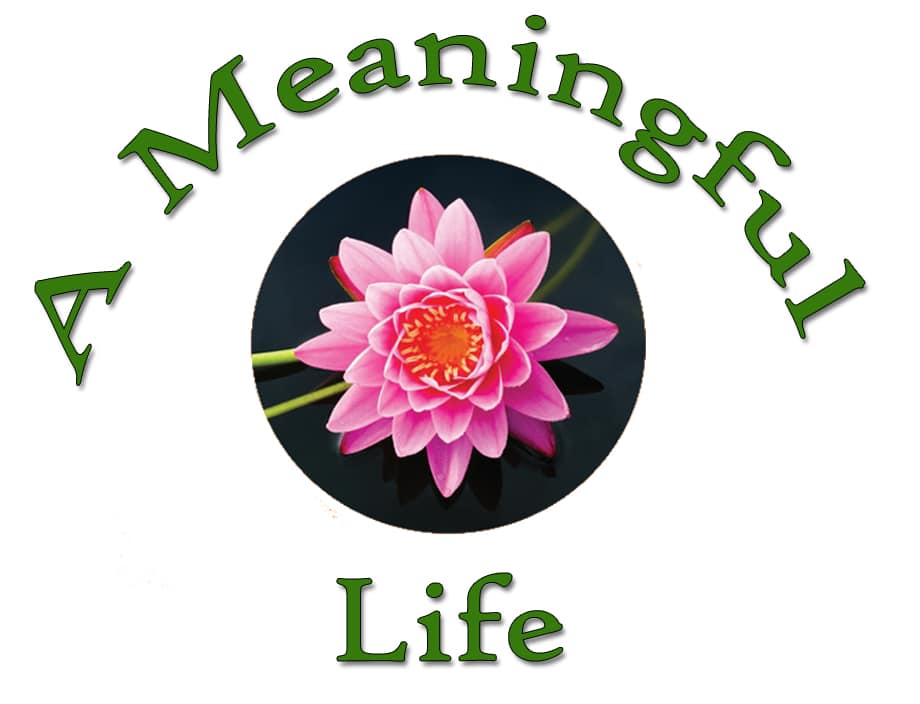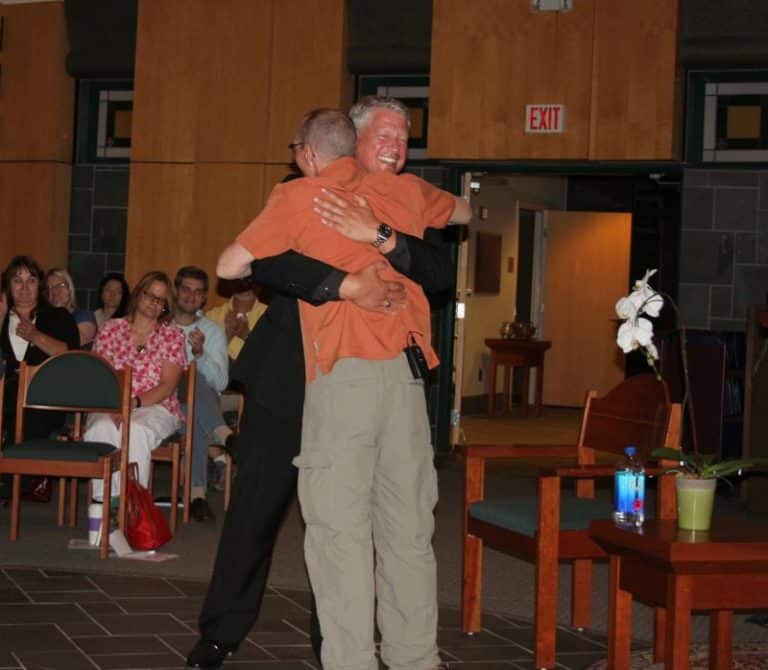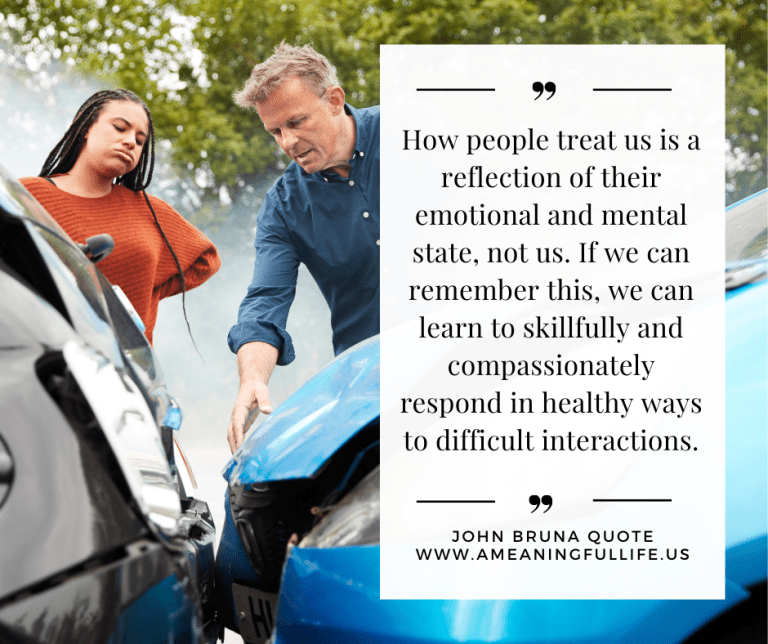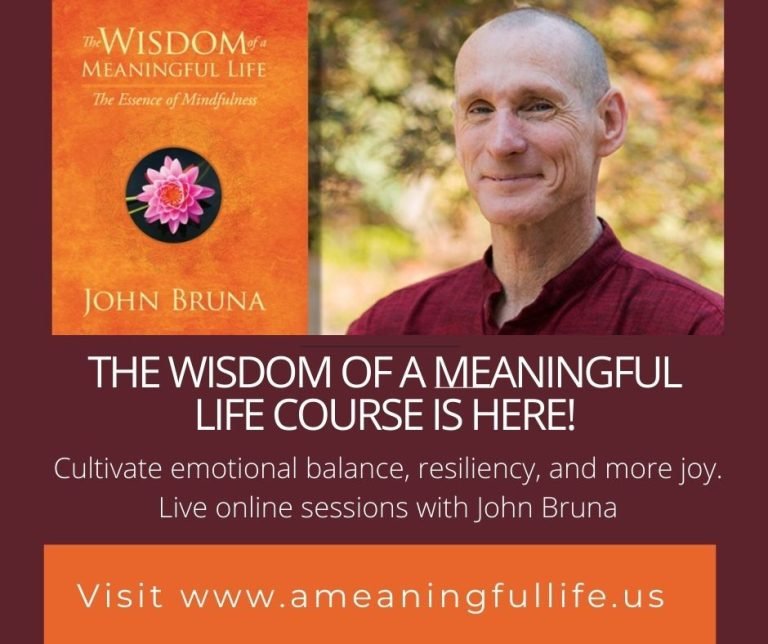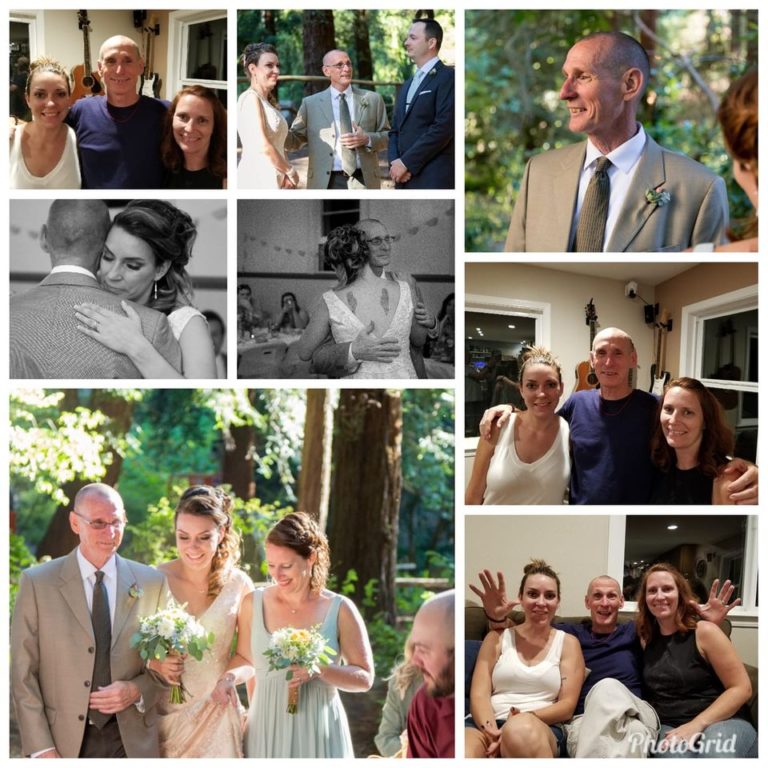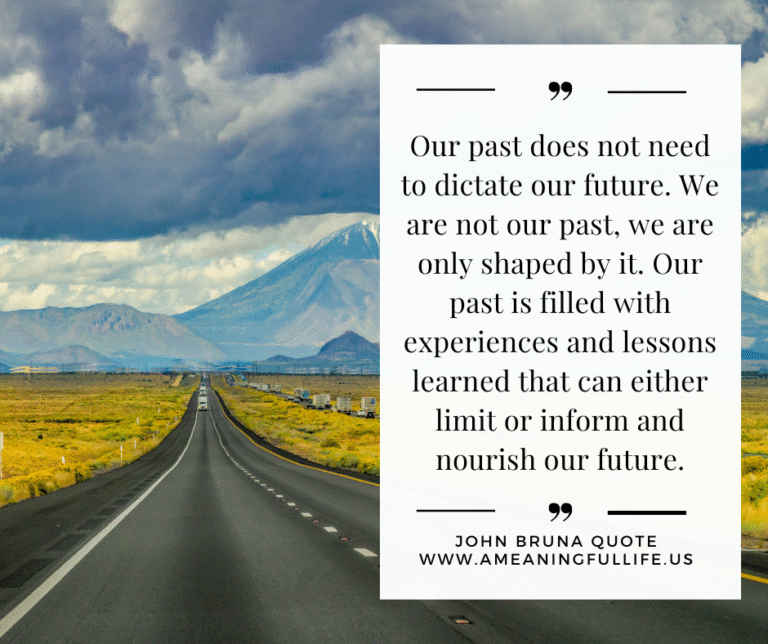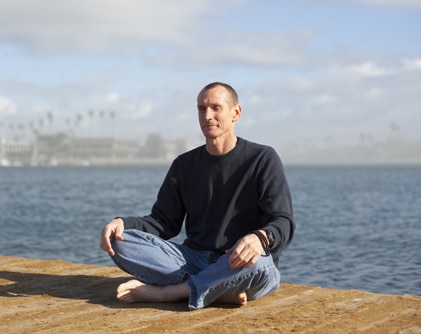Avoiding normal suffering creates suffering

“The more you try to avoid suffering, the more you suffer, because smaller and more insignificant things begin to torture you, in proportion to your fear of being hurt. The one who does most to avoid suffering is, in the end, the one who suffers most.” Thomas Merton
One of the major causes of suffering is the idea that we should not suffer. This is a pervasive delusion that, to some degree, affects all of us. If we step back and take a good look at the world, we will easily identify a wide range of experiences all of us go through – from joy to despair and everything in between. We have all experienced hardship, loss, and physical pain. We have also experienced success, love, and vitality. All of these experiences were temporary, reminding us of the ups and downs that are a natural part of life.
For some reason, even though we know lots of people who have had an illness, tragic deaths, relationship difficulties, accidents, job losses, financial problems, and a host of other challenges, we often believe those types of things should not happen to us. When they do happen to us, we can feel as though we are a victim, thinking life is unfair, and ask, why us? Well, why not us? Why should we be exempt from the same struggles and challenges everyone else has? If we can remember that challenges are a natural part of life, we automatically suffer less and can more quickly turn them into opportunities for personal growth.
If we spend our lives trying to be totally free of hardship and pain, not only do we create more worry and stress, we ultimately experience more suffering. When we examine our mental and emotional suffering, we find it is rooted in wanting things to be different then they are. The more we resist the way things are, the more we suffer. If we can accept life on life’s terms we can more quickly respond to, and improve, the painful events in our lives.
We will experience more freedom and less suffering when we engage in our lives fully, making the healthiest choices we can and doing our best with what comes our way, whether it is painful or pleasant. As we cultivate equanimity, we learn that both pain and joy are temporary, as well as useful. They both offer us insights into developing our highest potentials.
I invite you to call to mind times when you felt life was unfair and you suffered as a result. Are there people in the world who had similar problems? Are there people in the world who have it much worse? Did your suffering last? Were you able to be happy afterward? Did that last? Is it realistic to think we should not have problems or challenges? Is it more realistic to believe we can learn to deal with any challenges that come our way? Do your best today to see difficulties as natural and, instead of resisting them, seek to improve them. – John Bruna
 The post above is an excerpt from of one the daily emails sent to the members of the Mindful Life Community. I invite you to explore our community and consider joining.
The post above is an excerpt from of one the daily emails sent to the members of the Mindful Life Community. I invite you to explore our community and consider joining.
